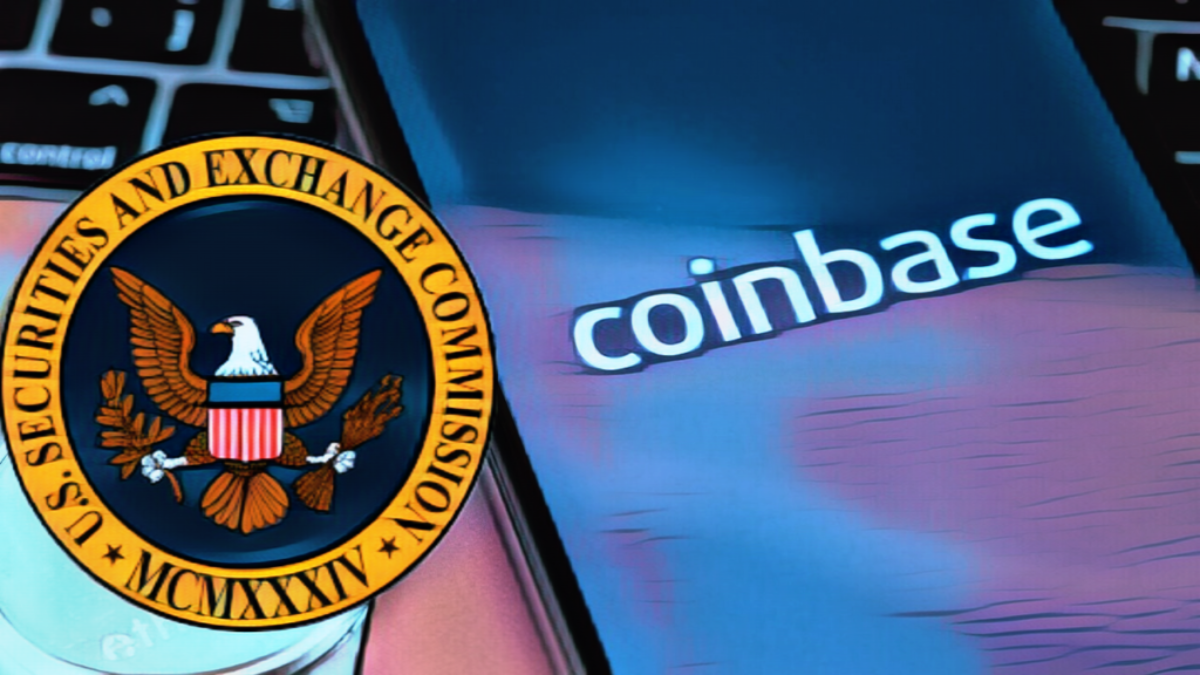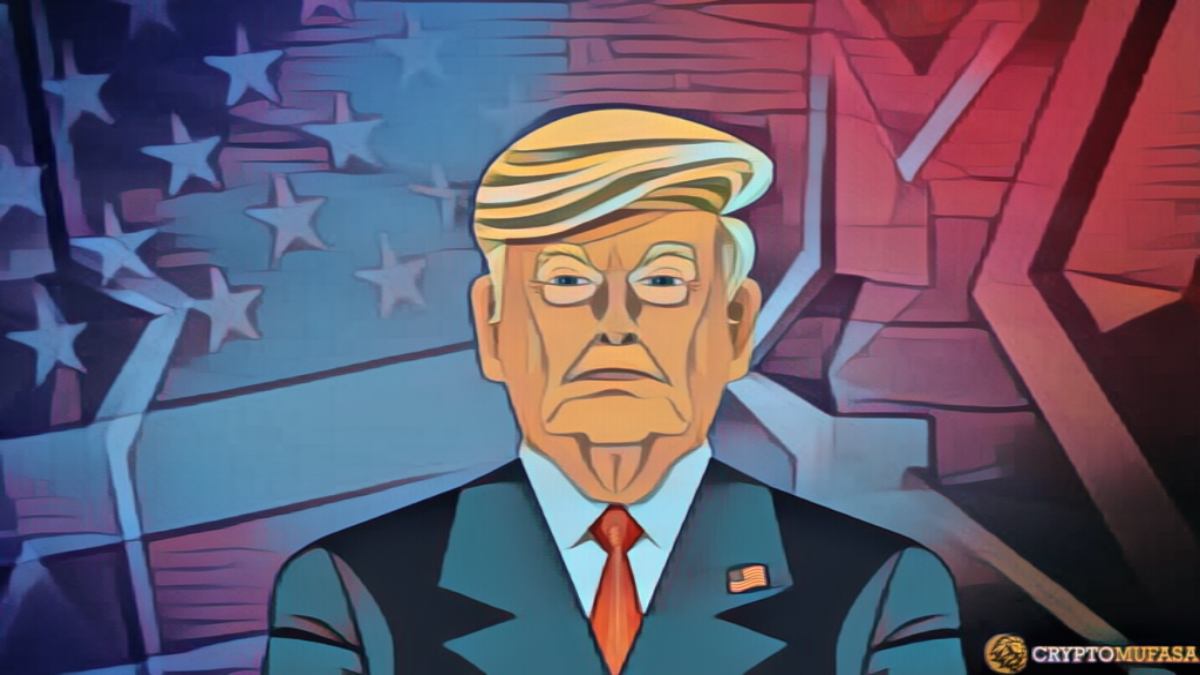SEC vs. Coinbase: Judge Demands Clarity Amidst Regulatory Battle
The ongoing legal clash between the U.S. Securities and Exchange Commission (SEC) and prominent cryptocurrency exchange Coinbase has witnessed a significant twist as Judge Katherine Polk Failla scrutinizes the regulatory body’s claims. The latest hearing revealed the judge’s dissatisfaction with the SEC’s statements and raised expectations that the U.S. may eventually acknowledge cryptocurrencies as non-securities.
One thing is clear. It is now common ground the tokens themselves are not securities. After the SEC v Ripple summary judgment it was said that Judge Torres finding that #XRP itself is not a security is only obiter. But it seems it has already had a far reaching effect including… https://t.co/dMWeAvXlYF
— bill morgan (@Belisarius2020) January 18, 2024
Unraveling the Regulatory Dispute
In a recent courtroom face-off, Judge Failla pressed the SEC to furnish more explicit definitions for terms integral to the case, such as “securities” and “staking.” The SEC, in turn, directed criticism at Coinbase, contending that the exchange has devised a “new version of the Howey Test.” This regulatory litmus test, originally formulated in 1946, determines whether certain transactions qualify as investment contracts.
Adjourned.
The @SECGov‘s summation of its argument (broadly) is that @coinbase is making up a new version of the Howey Test and that there can be no deviating from Howey as it was originally written.
The SEC lawyer said “The Congress of 1934 would be surprised that today…
— Eleanor Terrett (@EleanorTerrett) January 17, 2024
Coinbase’s Defense and SEC’s Warning
During the proceedings, the SEC cautioned Coinbase against a perceived reinterpretation of the Howey Test, suggesting that such a maneuver undermines the regulatory structure meticulously established in 1934. However, Coinbase vehemently refuted these claims, asserting that it had not reinterpreted the Howey Test. Instead, Coinbase’s legal team argued that the SEC is attempting to “stretch the Howey Test to fit the circumstances.” The Coinbase lawyer expressed concern, stating,
“The Commission’s complaint draws the court into completely unprecedented territory. The SEC should follow enforcement and rulemaking actions that make sense of statutory language and doesn’t twist it upside down. This is several bridges too far and for that reason, we ask you to dismiss completely.”
Judge Failla’s Legal Precedents
Judge Failla’s reliance on prior rulings, particularly those by Judge Jed Rakoff and Judge Analisa Torres in cases involving LBRY and XRP, has been a notable aspect of this legal drama. XRP advocate Bill Morgan views this reliance as a positive indication, stating, “It is now common ground that the tokens themselves are not securities.” Judge Torres previously concluded that XRP is not a security, contributing to the evolving landscape of crypto regulation.
Looking Ahead: Cryptocurrencies as Non-Securities?
The courtroom developments, especially Judge Failla’s persistent demand for clarity and reliance on past rulings, are viewed by some, including XRP advocate Bill Morgan, as a signal that the United States might eventually categorize cryptocurrencies as non-securities. This potential shift in classification could have significant implications for the broader crypto industry.
Disclaimer: The information provided in this article is for educational and informational purposes only. It does not constitute financial advice or any form of recommendation. Readers are urged to exercise caution and conduct their research before making any financial decisions. Cryptomufasa does not assume responsibility for any losses incurred through actions related to the content mentioned in the article.





